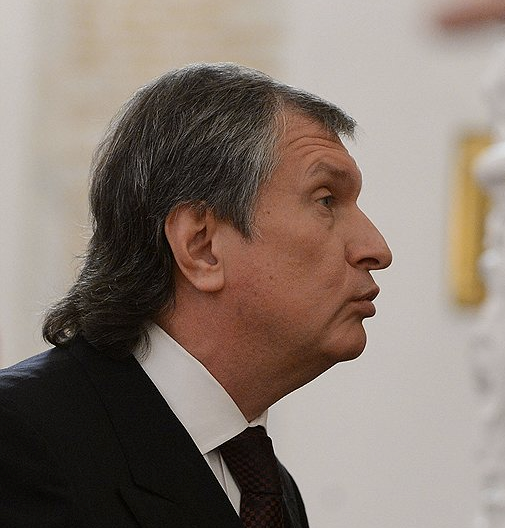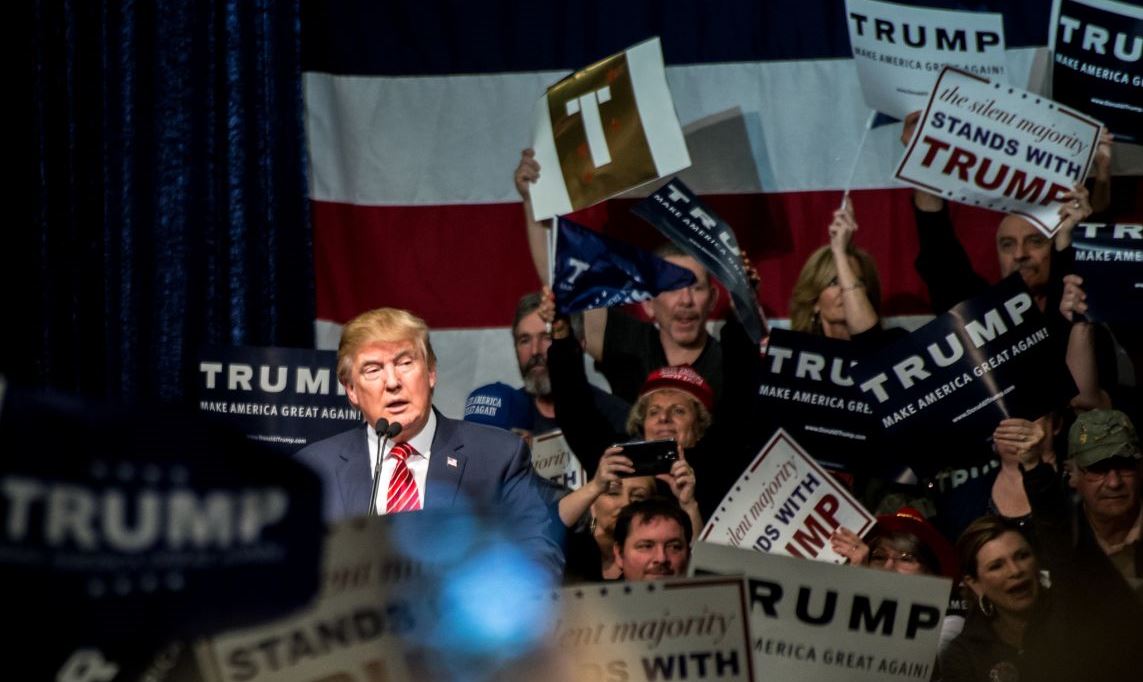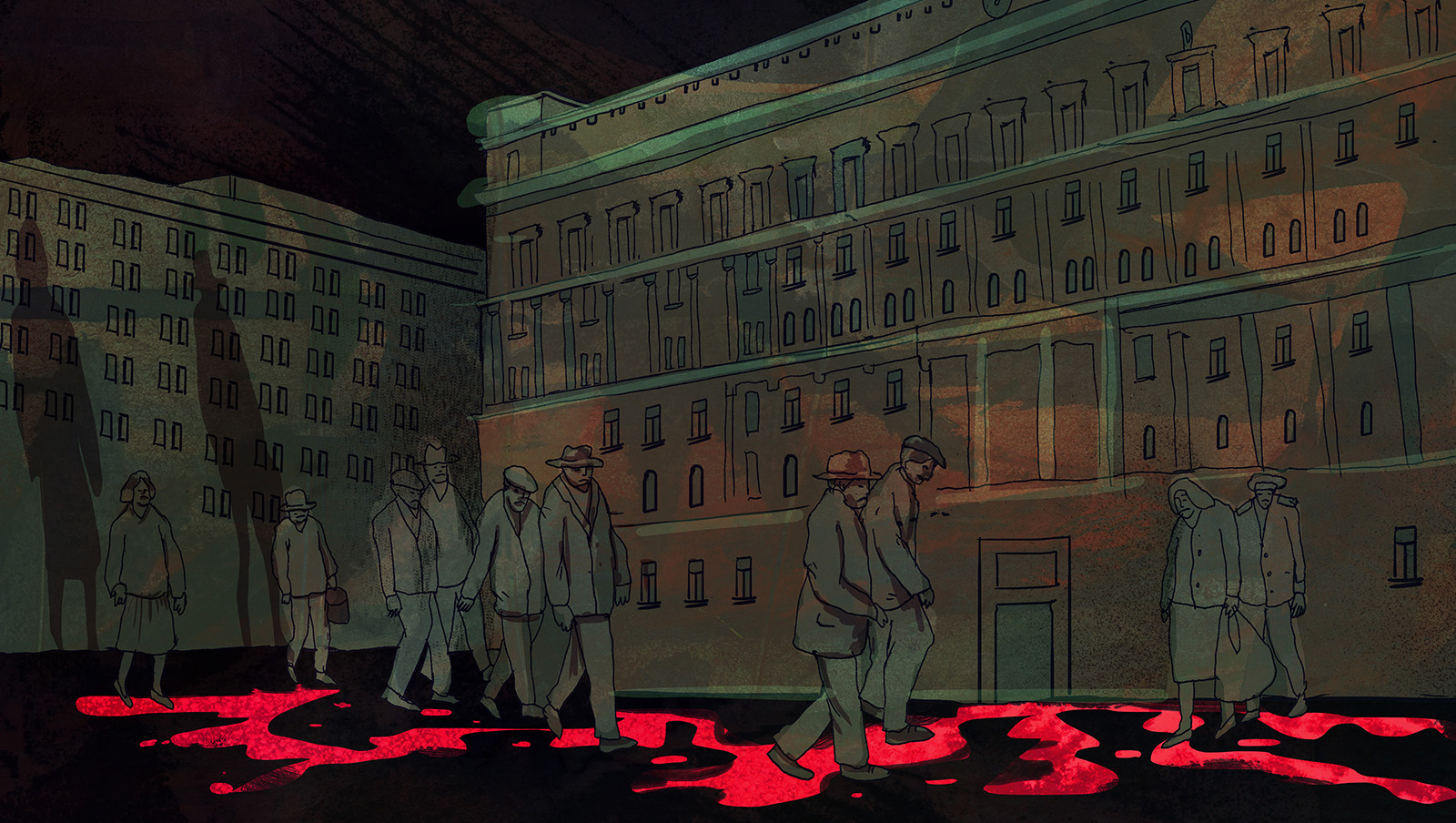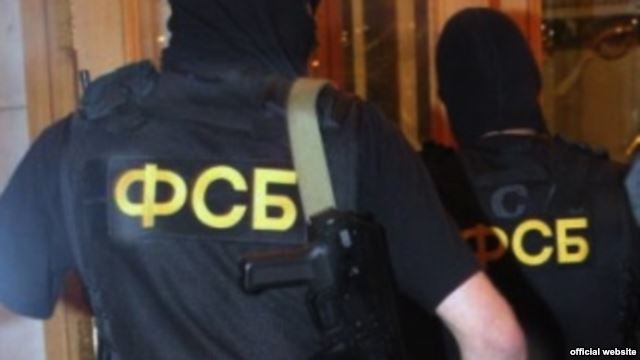After much warning, July 15 saw a new round of US sanctions on Russia. The cited reason behind the sanctions was Putin’s government failing to take any steps toward de-escalation of the crisis in Ukraine. Alexey Navalny, Russian opposition politician and head of the Anti-Corruption Foundation, published an article in his blog explaining what the new sanctions mean for Russia, who exactly gets hit and how. EuromaidanPR offers a translation of the article.
The US have imposed new sanctions on Russia. As usual, this topic gets a lot of coverage in the media and as usual a normal person can understand little of all those comments.
I asked Nikita Kulachenkov of the investigations department of our foundation to explain the sanctions in brief for everyone who wants to get the gist of this matter.

Apparently Rosneft CEO Igor Sechin was banned from getting a haircut as part of the sanctions
Here’s what’s new about the sanctions since July 17, 2014:
There are 3.5 sections to the new US sanctions:
1. Adding new individuals to the Specially Designated Nationals list (blocking of assets, banned from doing business with US nationals and visting the US). Among others, the list now has the “Donetsk Republic” prime minister Borodai and Putin’s United Russia party official Neverov. Apparently Neverov’s mother-in-law, listed as owner of his elite dacha (more like a summer palace), didn’t get sanctioned.
2. Adding new legal entities and “formations” to the Specially Designated Nationals list (SDN, see above). The list now includes the Donetsk and Luhanks “republics” and Russian military companies, including Kalashnikov Group, the manufacturer of AK assault rifles. Any operations with these entities are also banned and their assets blocked. Alas, a law-abiding American farmer won’t be able to buy a new (Russian-manufactured) AK. However, he’ll still be able to sell an assault rifle he’d bought earlier.
3. A new kind of sanctions – the so-called “sectoral” sanctions. In other words, certain operations with certain legal entities are prohibited. There are two subsections:
A ban on future operations with long-term loans (90+ days) and placement of new shares. What it actually means is a ban on investment from the US and loans from Europe becoming a lot more expensive. The two banks on the list, Vneshekonombank and Gazprombank, both have bonds place abroad. Most likely now new bonds will be placed so they’ll have to get loans from the Russian budget.
A ban on future operations with long-term loans (90+ days). Novatek and Rosneft got on this list. It means that while Rosneft won’t get investment via loans or bonds, it will still be able to do so by placing new shares, which would entail the state losing its grip on Rosneft. Quite ironic, isn’t it?
More fun facts.
Rosneft borrowed money from BP for the TNK-BP purchase, i.e. if worse comes to worse, the debt won’t get a restructuring and things will look even more grim.
Operations with derivatives from shares and bonds of companies on the list are not prohibited. So if anyone would like to gamble on new shares or bonds placed outside the US, they’ll be able to do so. This mitigation won’t help Rosneft and others much, what it does is take into account the US stock market interests.
What the US is doing is slowly shutting off Russian access to the world capital markets. This means a soft ban on all the riches of civilization. Look at North Korea that has nowhere to borrow money: we are heading there now.
Let me add my two cents:
a) if the previous sanctions didn’t impact the Russian economy so much as the very fact of them being imposed, but this time the sanctions themselves seem quite painful. It definitely won’t be a disaster, but I agree with Morgan Stanley’s estimate: we are looking at least at a 1% GDP fall. 1% GDP is quite a lot. The household logic “If you subtract a penny from a dollar you still have a dollar” does not apply here.
b) the pro-Kremling crowd will definitely crawl out of their dens and say: doesn’t matter that the Americans are closing off their capital market, we’ll just borrow from the Chinese. The Chinese will have none of it, though. They are hard bargainers. Something could be borrowed from them, but that would be a total ripoff. As economist Mikhail Krutikhin notes, China financing the Russian megaprojects would mean Russia drifting towards indentured servitude.
Source: navalny.com
Translated by Kirill Mikhailov








